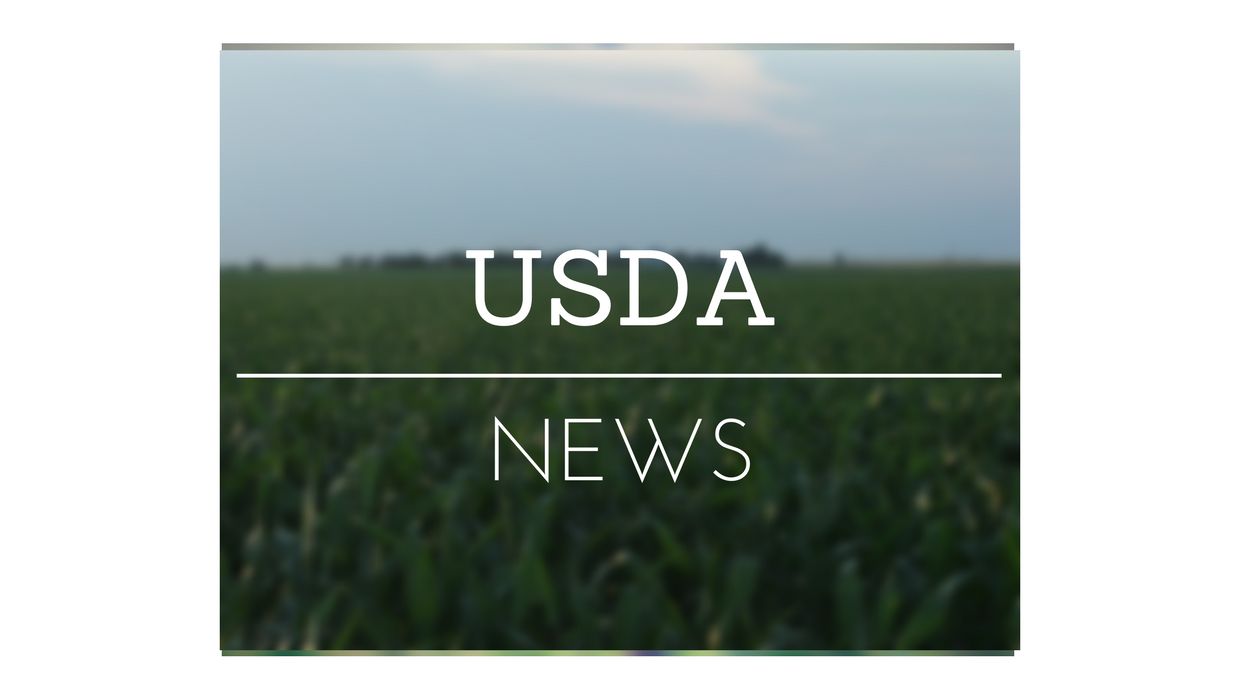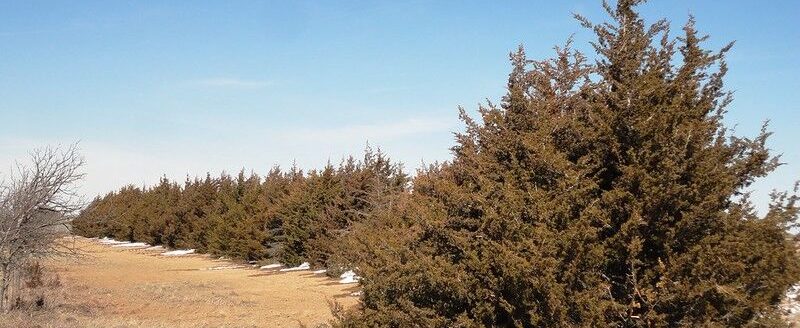U.S. Sens. Roger Marshall and Jerry Moran and U.S. Rep. Tracey Mann, all of Kansas, announced nearly $2 million in research grants awarded to Kansas State University by the U.S. Department of Agriculture’s National Institute of Food and Agriculture.
The three research initiatives will focus on early detection and containment of African swine fever as well as improving hard red winter wheat pathogen diagnostics. The research grants are:
• $300,000 will fund a project focused on rapid and early detection measures for African swine fever through antibody testing;
• $650,000 will fund a project centered on reducing the risk of imported feed ingredients serving as a route for introduction of foreign animal disease, including African swine fever, into the United States; and
• $999,397 will fund a project dedicated to protecting the livelihood of producers in the U.S. southern Great Plains who are dependent on hard red winter wheat production through the development of more sensitive diagnostic techniques that can be implemented by grain inspection services.
“Kansas State University has a long history of research and innovation that has substantially improved our nation’s agriculture industry,” Marshall said. “All three of these research initiatives have a direct impact on Kansas farmers and ranchers and have the potential to make impactful changes within the various segments on the agriculture industry. I am proud of the work K-State continues to do to support our farmers and producers.”
“Agricultural biosecurity is increasingly important to our farmers and ranchers in Kansas, as well as the larger American economy,” Moran said. “These federal resources will support Kansas State University’s efforts to expand our capability to effectively respond to biothreats in crops and livestock, or prevent them altogether. As a member of the Senate Agriculture Appropriations Subcommittee with jurisdiction over USDA, I will continue to advocate for programs that improve our agricultural biosecurity.”
“Investing in the next generation of agricultural leaders is paramount to the future of Kansas agriculture, and Kansas State University is leading the charge,” Mann said. “As a Kansas State alumnus, I’m proud of the time and resources the university is investing in its students. I look forward to seeing what great initiatives come out of these research projects to empower Kansas farmers, ranchers and producers.”



